
Major General, Hero of the People's Armed Forces Hoang Dan, a battle general who went through the most fierce campaigns, always felt the pain of a soldier even when the country was at peace .
- After the country's reunification, did you hear your father talk about his feelings when witnessing the moment of Saigon's liberation?
My father, Major General Hoang Dan, was one of the commanders of the 2nd Army Corps - the unit that liberated the cities of Hue, Da Nang and Saigon in the historic Spring of 1975.
Referring to April 30, he called it "peace day", "national reunification day".
Second, he often mentioned the bold fighting style at that time, using tanks and armored vehicles as the core, penetrating deeply, quickly defeating the enemy's command post, capturing the headquarters to defeat the enemy's will to fight. How can we minimize the loss of troops, facilities in cities and villages, and even fight in a way that minimizes the bloodshed of soldiers on the other side of the battle line.
Therefore, when the 2nd Corps raised the flag on the Independence Palace at noon on April 30, 1975, one of the first things the commanders did was to bring President of the Republic of Vietnam Duong Van Minh to the Radio Station to read the surrender, so that the enemy would quickly lay down their weapons, ensuring the least losses for both sides, not affecting the lives of the people, not causing destruction or damage to the cities.

Major General Hoang Dan (first row, second from left) in Quang Tri in 1973. (Photo: Excerpt from the book "From Ben Hai River to Independence Palace")
- Do you know the story of General Hoang Dan inviting the former leader of the Saigon government to have dinner with our soldiers on the afternoon of April 30, 1975 at the Independence Palace?
My father told me about this: In the early afternoon of April 30, 1975, Mr. Vu Van Mau - Prime Minister of the Republic of Vietnam regime - asked for permission to meet with representatives of the Liberation Front, with the intention of handing over to return home early, because they were also very worried about the family.
My father said: "We are soldiers, so you guys just stay here, right in this room, sit comfortably. Tomorrow a representative of the Front will come. Today, I invite you to try a Viet Cong meal for fun." Hearing those words, they felt happier and more comfortable.
By late afternoon on April 30, 1975, a representative of the 4th Corps arrived and said that the 4th Corps was assigned by the Campaign Command to occupy the Independence Palace but was late, and now asked to hand it over. My father's 2nd Corps would hand it over immediately.
- Have you ever heard your father share about the spirit of the days of implementing the Ho Chi Minh Campaign?

Mr. Hoang Nam Tien, Vice Chairman of the Board of Directors, FPT University, is the third son of Major General Hoang Dan.
In his letters home, my father rarely wrote "I have to go fight for national independence, for the unification of the country", but often wrote "I have to go fight so that our children don't have to fight anymore".
In a letter sent to my mother on April 1, 1975, 30 days before the day of peace and national reunification, my father wrote: "It has been exactly a month since I left you. We have completed two campaigns, the campaign to liberate Thua Thien Hue and the campaign to liberate Quang Nam Da Nang. Our unit alone captured about thirty thousand prisoners of war...
I think you and other comrades should try to end the war soon so as not to bother our children, so that they can have peace, study, and build the country... I am still healthy. See you in victory."
In all battles, my father always tried to find a way to end them quickly, with the least losses for the troops and the least destruction of the liberated provinces and cities...
The General Command, when building the fighting style for the Ho Chi Minh Campaign, also had the same spirit. The five wings organized five forces to penetrate deeply, quickly capturing the enemy's brain, the Independence Palace, the General Staff, and the enemy's most important bases in Saigon.
That is the fastest way to defeat the enemy's will to fight, so that they quickly lay down their weapons and surrender, fierce battles do not happen, our troops shed the least blood. And, most importantly, to minimize losses to the people and Saigon.
Therefore, on the morning of April 30, 1975, the 2nd Corps' deep penetration force crossed the Saigon Bridge and entered the inner city without using the usual fighting method. Our troops advanced very quickly, but almost did not fire a single shot, not a single cannon shot. This fighting method was completely contrary to the rule that in case the enemy was defending, they had to use artillery to fire continuously forward, then use tanks to attack.
- How did your father return to normal life?
To me, my father was very strict, even distant. I can't remember him ever holding me, caressing me, or patting my head. My father loved me in a very different way.
In 1973, the Ministry of Defense decided to establish the first main army corps of the Vietnam People's Army - the 1st Army Corps, with the Command based in Ninh Binh. My father was appointed Deputy Commander and Chief of Staff of the 1st Army Corps. After many years away from home, my father brought me to live with him. At that time, I was only 4 years old, and the impression of a boy in Hanoi returning to his hometown was very exciting. I ran around everywhere, exploring the very large garden and pond, with many dogs, chickens, buffaloes, cows...
When I grew up a little, every summer, my father took me to live in military units. One year I was in the Medical Battalion, another year in the Guard Company, another year in the Driver Company… In my memory, the hardest part was being in the Guard Company, the happiest and most joyful part was being in the Driver Company. Whatever the soldiers did, I did, whatever the soldiers practiced, I practiced, from a very young age.
My father never said, "You must do this, you must do that," but set an example by reading books every day. So I read books from a very young age. When I was 6 or 7 years old, I read everything that had words around me. I even read "War and Peace" when I was 8 years old.
Regarding labor, my father was famous in the army for asking soldiers to dig fish ponds, build pig pens, and raise chickens to improve their meals wherever he went, because at that time, even high-ranking commanders in the army had very poor meals. He always directly worked with the soldiers to increase production at the end of the working day.
My father never boasted about his achievements, and rarely talked about the brutality of the war. Every year, if conditions allowed, he tried to take a week off, taking his family all over the North and South, to the places where he had fought, to meet his old comrades. We - his children - learned many stories, and all of that helped shape our character and personality.
To be honest, because the time we spent together was very little, my father and I were quite distant. However, when I grew up, got married, had children, and became a business leader, I understood my father much better.

Photo of Major General Hoang Dan with his wife.
- Did your father teach you any lessons about strategy?
As I said above, my father always wrote in his letters to my mother: "I go to fight so that our children don't have to fight anymore." That was the mindset of a soldier who only wanted peace.
I once asked him: On April 30, 1975, after the victory, what did he think? He said: I thought of my wife and children in Hanoi, thought of the soldiers and comrades who had sacrificed, including those who had fallen just a few hours before the victory.
As a commander in the army, my father understood that he had to do his best to fulfill the mission assigned by the Party, the State, and Uncle Ho. Being brave and resolute in carrying out orders to fight and win is not enough, but one must be resourceful, intelligent, knowledgeable in the art of war, knowledgeable in science and technology, and know how to win with the least amount of bloodshed and sacrifice. A soldier can be a son, a younger brother, an older brother, and even the father of a family. Therefore, we cannot say that a battle has small losses, because each fallen soldier is an irreparable loss to the family.
- Major General Hoang Dan left behind many important military documents. What do you think is your father's greatest legacy?
My father was a general, but whenever he stopped shooting, he picked up chalk. His life was a battlefield and a school. He participated in summarizing campaigns and building strategies and tactics for the Vietnam People's Army.
My father often shared: Sweat on the training ground, less blood on the battlefield. Every commander, every officer not only needs to be brave but also wise; not only must he know military orders like a mountain but also must know how to protect the lives and blood of the soldiers under his command. Every commander, every officer must truly be an intellectual, needing to study deeply about philosophy, science, technology, history...
Until now, the documents that he summarized are still not outdated. Generations of young officers in the army still read his books and study his documents. I believe that young officers and military leaders all understand that, to have peace, we still have to practice the most and be at the highest level of readiness.
In my opinion, the most valuable thought he left for today is: We love peace but must know how to hold guns, and in peace, we must be ready to fight to protect the Fatherland.
In all the documents and memoirs my father left behind, I see very clearly one thing: as a commander in the Vietnam People's Army, my father applied the art of people's war in the most profound way. It was a war of the entire people, a comprehensive war, mobilizing all the strength of every commander, every soldier, and even the people.
Thank you very much!

English (Photo: Dac Huy - Design: Xuan Duc)
Vtcnews.vn
Source: https://vtcnews.vn/con-trai-anh-hung-hoang-dan-ba-toi-goi-30-4-1975-la-ngay-hoa-binh-ar939747.html


![[Photo] A delegation of 100 journalists from the Vietnam Journalists Association visits the soldiers and people of Truong Sa island district.](https://vphoto.vietnam.vn/thumb/1200x675/vietnam/resource/IMAGE/2025/5/30/0984a986227d4e988177f560d2e1563e)
![[Photo] National Conference "100 years of Vietnamese Revolutionary Press accompanying the glorious cause of the Party and the nation"](https://vphoto.vietnam.vn/thumb/1200x675/vietnam/resource/IMAGE/2025/5/30/1cf6cd5c8a934ebfa347028dcb08358c)
![[Photo] Journalists moved to tears at the Memorial Service for the soldiers who died in Gac Ma](https://vphoto.vietnam.vn/thumb/1200x675/vietnam/resource/IMAGE/2025/5/30/9454613a55c54c16bf8c0efa51883456)
![[Photo] General Secretary To Lam receives Chief of the Central Office of the Lao People's Revolutionary Party](https://vphoto.vietnam.vn/thumb/1200x675/vietnam/resource/IMAGE/2025/5/30/140435f4b39d4599a3d17975dfb444c5)


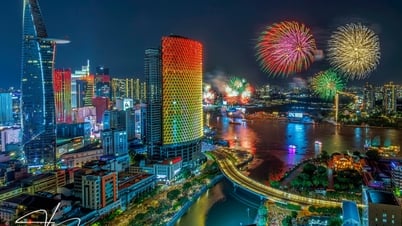

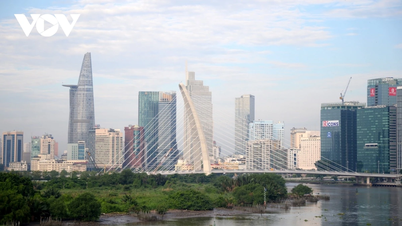

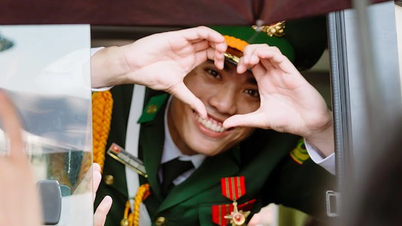
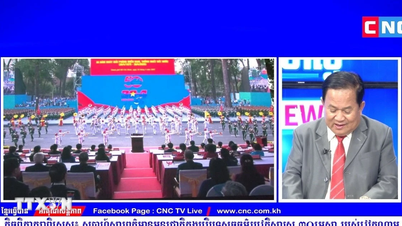

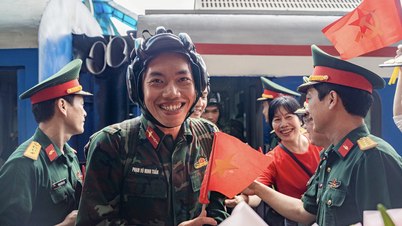

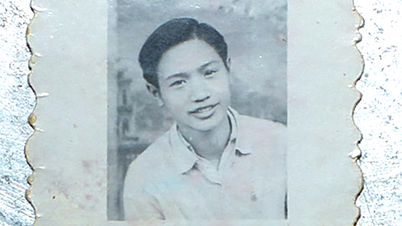
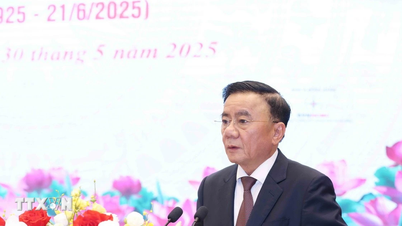
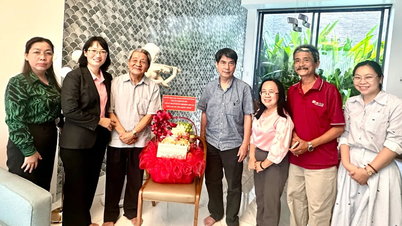

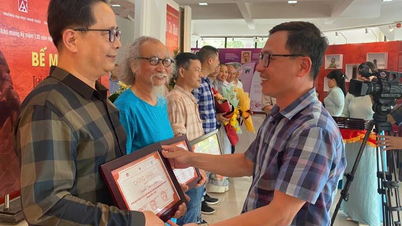

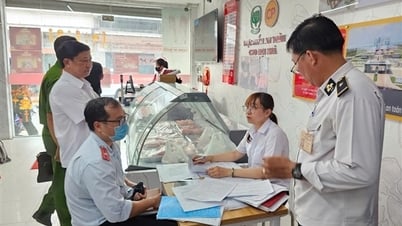

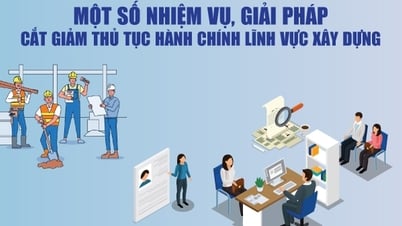

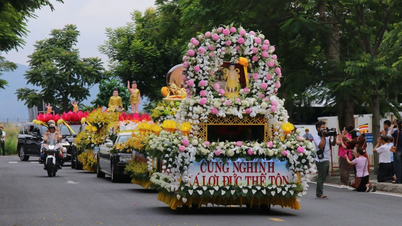




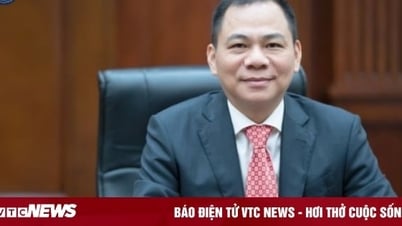
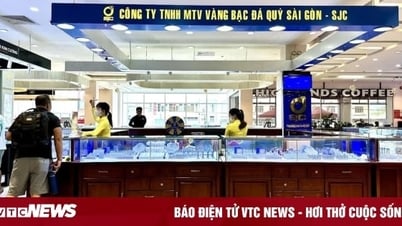
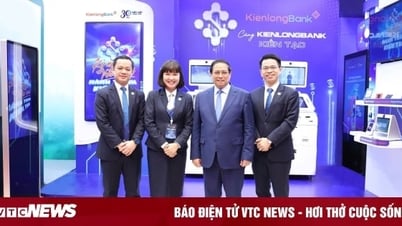
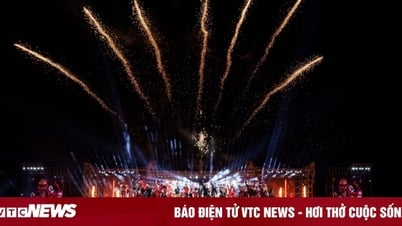
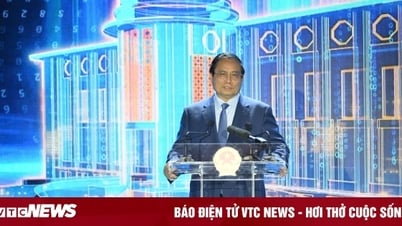


















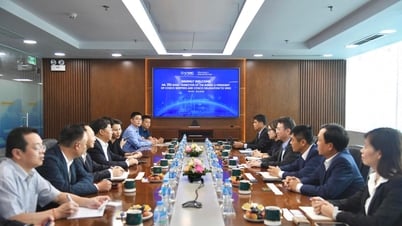

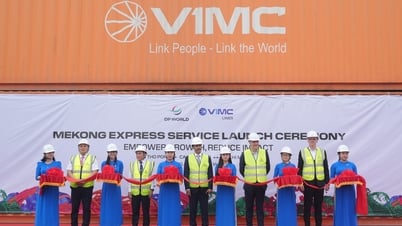













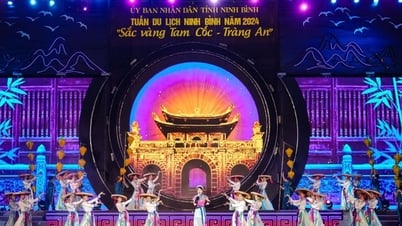
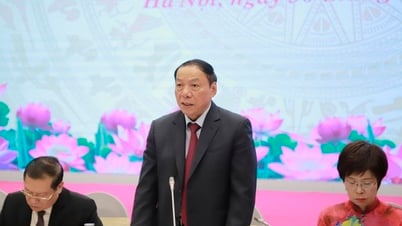

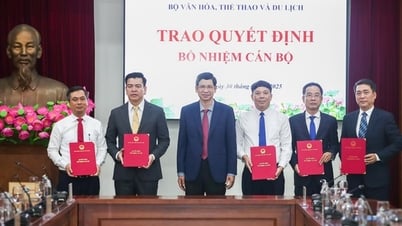
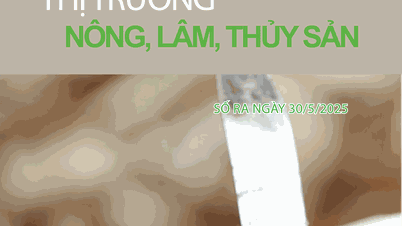



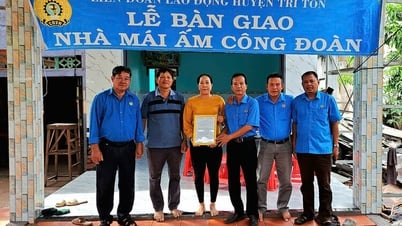
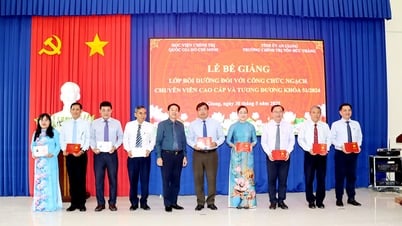
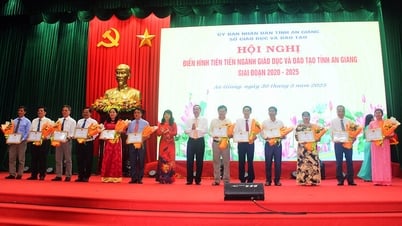
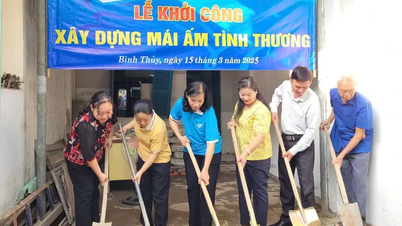

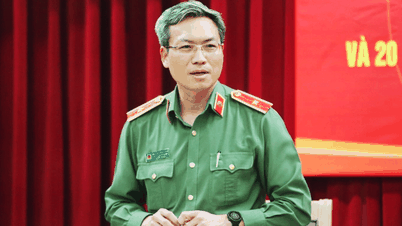








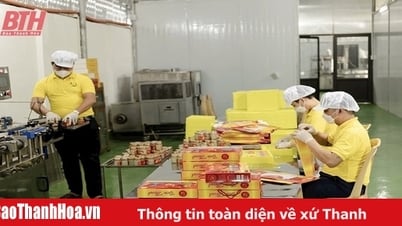





Comment (0)